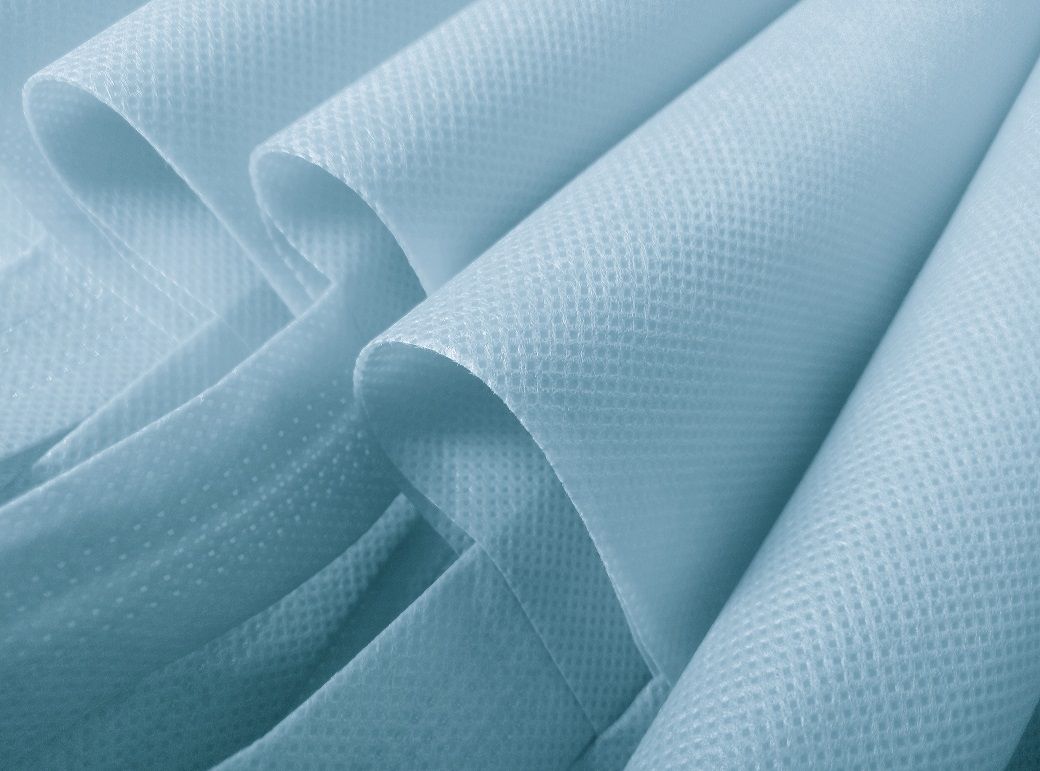
The year 2023 has prepared a launching pad for India's technical textile sector. Due to the perceived limitations in the conventional textile sector, the Indian government has taken several measures to propel the country's technical textile sector. Industry experts believe that India can become a powerhouse in the fast-growing technical textile sector. New technical developments have increased the scope of application for technical textiles. The ecosystem of startups has also developed a foundation for rapid growth in the years to come.
During the current year, India’s ministry of textiles has cleared 33 R&D projects worth around ₹78.99 crores across key strategic areas such as specialty fibre, protective textiles, high-performance textiles, geotextiles, medical textiles, sustainable textiles, and textiles for building materials. The government has launched these projects under the National Technical Textiles Mission (NTTM). Leading institutes and research bodies such as the Bombay Textile Research Association (BTRA), Ahmedabad Textile Industry's Research Association (ATIRA), IIT Delhi, IIT Jammu, NIT Jalandhar, IIT Kharagpur, the Council of Scientific and Industrial Research (CSIR) New Delhi, and IIT Madras are spearheading the approved projects.
India has introduced new Harmonised System Nomenclature (HSN) codes for technical textile items to be used for imports and exports. The Director General of Foreign Trade (DGFT) has issued a notification for 32 new HSN codes for technical textiles. These codes fall under Chapter 39, 54, 55, 56, 59, 60, 62, 63, and 68 of ITC (HS) 2022, Schedule 1 (Import Policy), in reference to the PU Scheme notified by the ministry of textiles. The scheme focuses on man-made fibre (MMF) and technical textiles as areas of growth.
The Bureau of Indian Standards (BIS) has introduced four new standards in the field of medical textiles, geotextiles, and agro textiles. The standards are IS 18266: 2023, Textiles — Medical Respirator — Specification; IS 18309: 2023 Geosynthetics — Prefabricated Vertical Drains for Quick Consolidation of Very Soft Plastic Soil — Specification; IS 18158: 2023 Textiles — Floor Covering - Artificial Grass Carpet made of Synthetic Yarn for Landscape — Specification; and IS 18161: 2023, Textiles — Light Weight Jute Sacking Bags for Packing 50 kg Mustard Seed, Niger Seed, and Ragi — Specification.
India’s ministry of textiles has also approved the Startup Guidelines for Technical Textiles under the banner of Grant for Research and Entrepreneurship across Aspiring Innovators in Technical Textiles (GREAT). The government has planned a grant-in-aid of up to ₹50 lakh for a period of 18 months. The guidelines seek to stimulate innovation in multiple sub-domains, ranging from agro textiles and smart textiles to high-performance fibres and recyclable materials. The initiative aims to support startups in translating prototypes into commercialised technologies, according to a media release by the ministry of textiles.
India's technical textile startups are optimistic about strengthening their market position thanks to the proposed Grant for Research and Entrepreneurship across Aspiring Innovators in Technical Textiles (GREAT). Industry experts and startups believe that this initiative will fast-track the growth of India's technical textile sector, fulfilling a long-standing demand for financial support for newcomers in the industry. GREAT aims to attract young entrepreneurs to the rapidly growing global technical textile segment.
Yatee Gupta, the founder and CEO of Fabiosys Innovations, a New Delhi-based startup specializing in medical textiles, stated to Fibre2Fashion, "We've long called for specific support for startups in technical textiles, as they have been overlooked in broader textile sector schemes. GREAT will motivate startups to tackle the challenges they face."
To ensure quality standards, the government has issued several quality control orders (QCO) for various technical textiles. A QCO for 19 geotextiles named Geo Textiles (Quality Control) Order, 2022 was notified to be implemented from October 7 this year but will now be enforced from January 1, 2024. The ministry of textiles has notified QCOs for 20 agro textile items that will come into effect from April 1 next year. It has also sanctioned 11 research and development projects in agro textiles worth ₹13.67 crore for the development of innovative products. The ministry has issued QCO for six medical textile items that will also come into force on April 1, 2024, for general domestic and foreign manufacturers. Medical textiles products include sanitary napkins, shoe covers, dental bib/napkins, disposable baby diapers, reusable sanitary pads, period panties, bed sheets, and pillow covers.
Fibre2Fashion News Desk (KUL)

